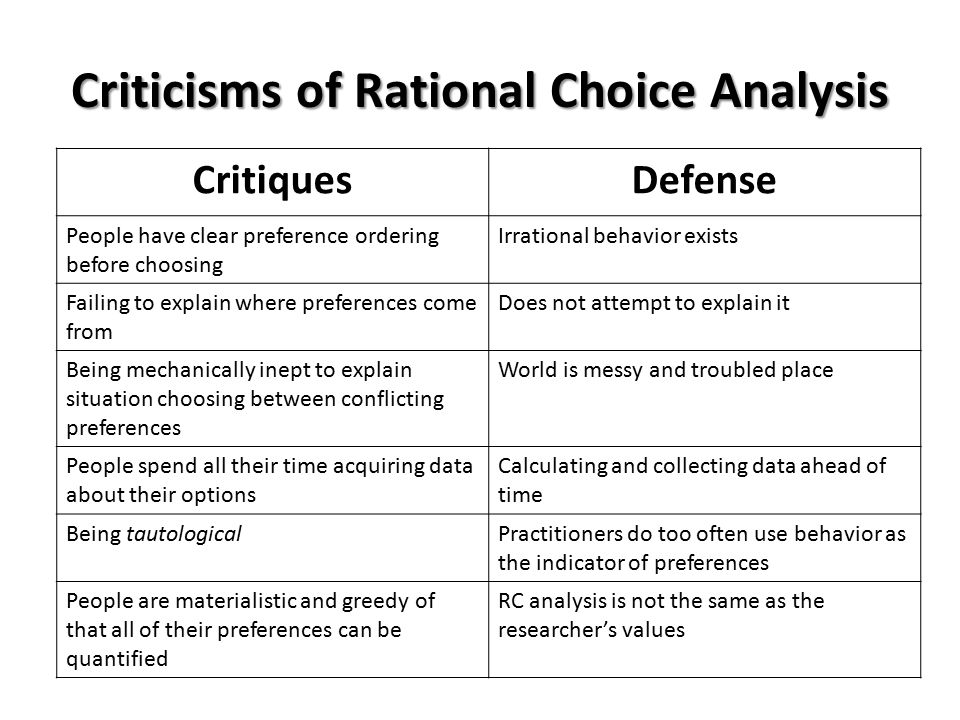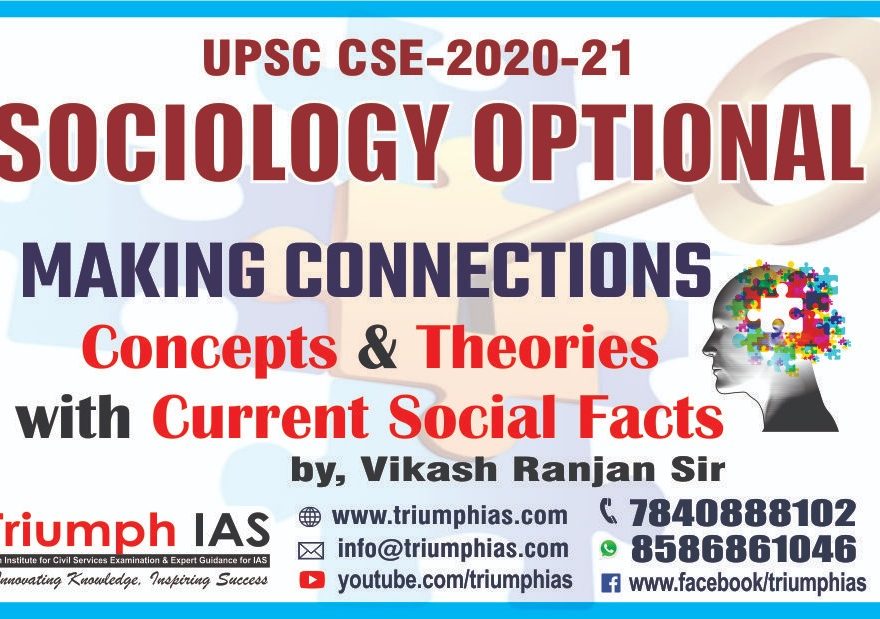Relevance: Sociology: Paper I: Religion and society
Introduction
How do people decide which religion to follow, if any? How does one pick a church or decide which denomination “fits” best?
Rational choice theory (RCT) is one way social scientists have attempted to explain these behaviors. The theory proposes that people are self-interested, though not necessarily selfish, and that people make rational choices—choices that can reasonably be expected to maximize positive outcomes while minimizing negative outcomes.
Sociologists Roger Finke and Rodney Stark (1988) first considered the use of RCT to explain some aspects of religious behavior, with the assumption that there is a basic human need for religion in terms of providing belief in a supernatural being, a sense of meaning in life, and belief in life after death.
Religious explanations of these concepts are presumed to be more satisfactory than scientific explanations, which may help to account for the continuation of strong religious connectedness in countries such as the United States, despite predictions of some competing theories for a great decline in religious affiliation due to modernization and religious pluralism.

Another assumption of RCT is that religious organizations can be viewed in terms of “costs” and “rewards.” Costs are not only monetary requirements, but are also the time, effort, and commitment demands of any particular religious organization. Rewards are the intangible benefits in terms of belief and satisfactory explanations about life, death, and the supernatural, as well as social rewards from membership.

RCT proposes that, in a pluralistic society with many religious options, religious organizations will compete for members, and people will choose between different churches or denominations in much the same way they select other consumer goods, balancing costs and rewards in a rational manner. In this framework, RCT also explains the development and decline of churches, denominations, sects, and even cults; this limited part of the very complex RCT theory is the only aspect well supported by research data.
Critics of RCT argue that it doesn’t fit well with human spiritual needs, and many sociologists disagree that the costs and rewards of religion can even be meaningfully measured or that individuals use a rational balancing process regarding religious affiliation.
The theory doesn’t address many aspects of religion that individuals may consider essential (such as faith) and further fails to account for agnostics and atheists who don’t seem to have a similar need for religious explanations.
Critics also believe this theory overuses economic terminology and structure and point out that terms such as “rational” and “reward” are unacceptably defined by their use; they would argue that the theory is based on faulty logic and lacks external, empirical support.
A scientific explanation for why something occurs can’t reasonably be supported by the fact that it does occur. RCT is widely used in economics and to a lesser extent in criminal justice, but the application of RCT in explaining the religious beliefs and behaviors of people and societies is still being debated in sociology today.
For more such notes, Articles, News & Views Join our Telegram Channel.
Click the link below to see the details about the UPSC –Civils courses offered by Triumph IAS. https://triumphias.com/pages-all-courses.php

